
- This event has passed.
Atypical Architectures: Design For Diverse Abilities
Date: November 7, 2024
Time: 1:00 pm - 7:00 pm
Location:
16 W. 61st St., 11th-floor auditorium
New York,
NY
10023
United States
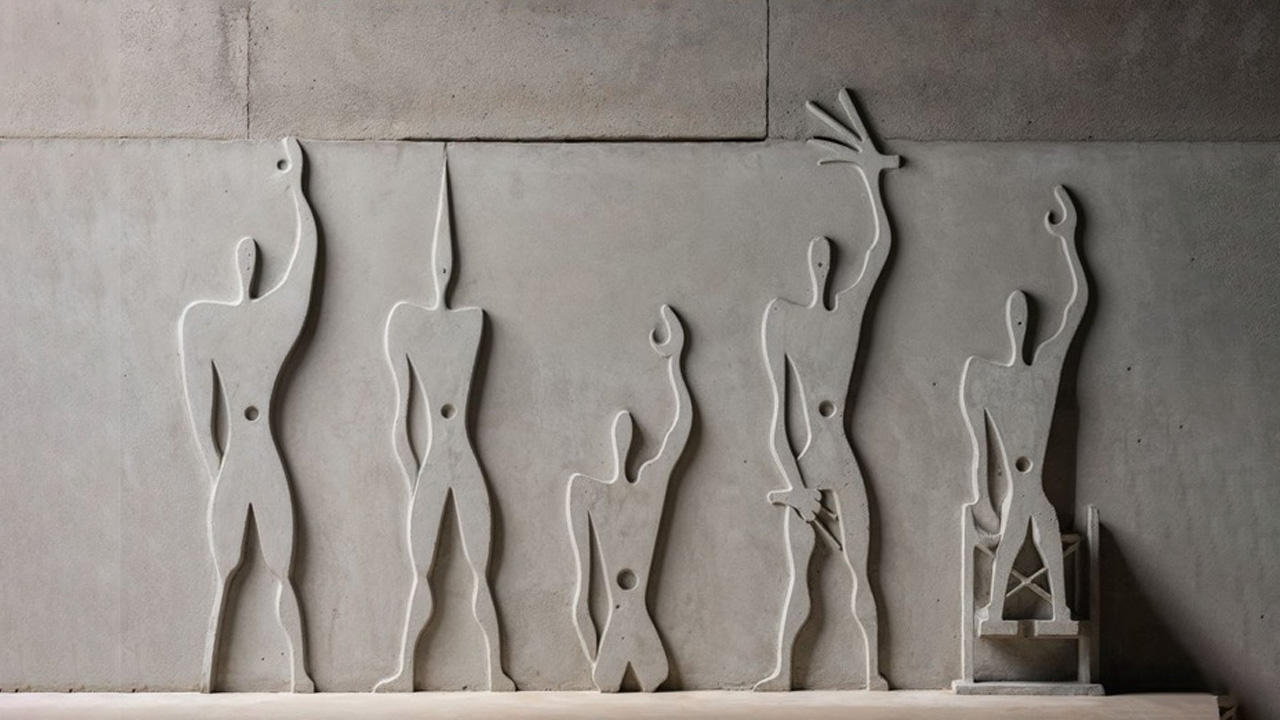
Architecture and design disciplines have long relied on principles of typicality and normativity that exclude all those that do not conform to such norms. Whether based on ability, the body, or type of user, and from the spoon to the city, the normalization of design types often codify forms of normative construction, life, and socialization which inscribe and perpetuate regimes of exclusion.
Conceived as an interdisciplinary dialogue, the symposium Atypical Architectures aims to turn the field’s normative inclination on its head by proposing the Atypical as the starting point for envisioning new inclusive approaches to design across scales and disciplines. Ultimately, Atypical Architectures aims to recenter the imagination of architecture on atypical users and non-idealized bodies through a dialogue on design practices that may carry the potential to improve the experience of the built environment for all.
Welcome and Introduction
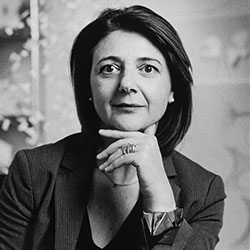
Maria Perbellini
Dean of The School of Architecture and Design

Athina Papadopoulou
Assistant Professor
School of Architecture and Design
Moderation
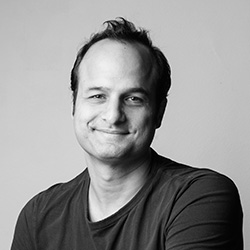
Nader Vossoughian
Professor
School of Architecture and Design
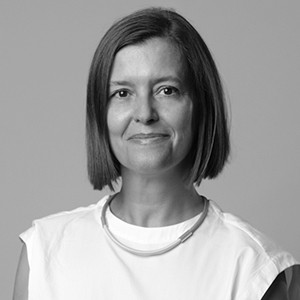
Marta Caldeira
Assistant Professor
School of Architecture and Design
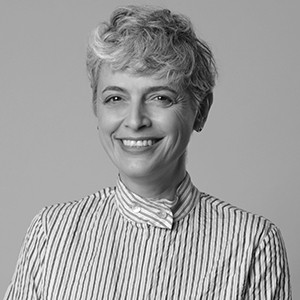
Florencia Vetcher
Assistant Professor, Dircotr of the Department of Interior Design
School of Architecture and Design
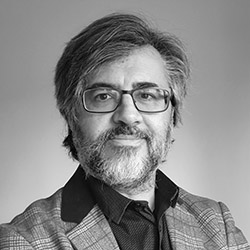
Alessandro Melis
IDC Foundation Endowed Chair
Professor, Director, M.S. Programs (M.S. ACT)
School of Architecture and Design
Speakers
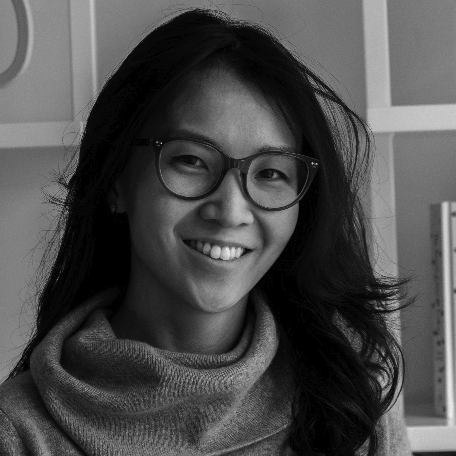
Grace Jun
Associate Professor of Graphic Design at the University of Georgia
President of the Board at Open Style Lab
Grace Jun is an associate professor at the University of Georgia (UGA) where she examines the intersection of disability and co-design processes. In this space, Grace investigates how accessibility is created and negotiated in creative making through interdisciplinary approaches.
Read More
Her latest book Fashion, Disability and Co-design, published by Bloomsbury UK, offers a curated sampling of human-centered design processes inclusive of disability, and a close investigation of wearable applications in fashion. Grace has held different positions in the tech industry, academia, and entrepreneurial business. This has influenced her work to be interdisciplinary, leading her to become a founding member of the national award-winning disability nonprofit called Open Style Lab (OSL). Grace is a proud alumnus of both Parsons School of Design and RISD.
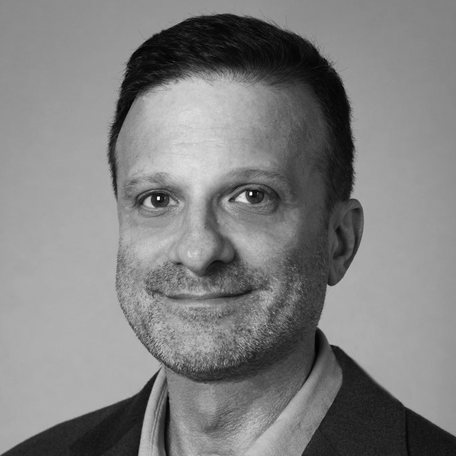
David Gissen
Professor of Architecture and Urban History, Parsons
David Gissen is a historian of architecture and a practicing designer and curator. His books include The Architecture of Disability (2023); Subnature (2009) and Manhattan Atmospheres (2014). His curatorial and design work has been exhibited at the Venice Biennale, The Center for Architecture, and the Canadian Centre for Architecture.
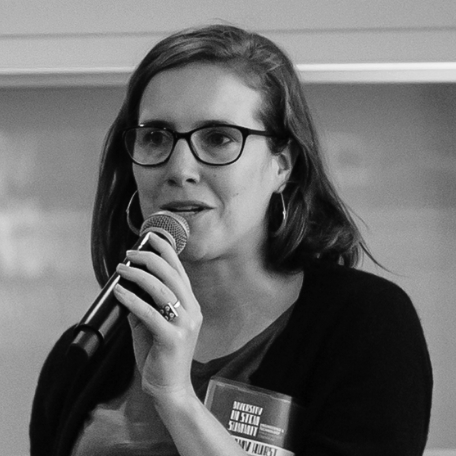
Amy Hurst
Associate Professor at New York University
Dr. Amy Hurst is an Associate Professor with a joint appointment in the Department of Occupational Therapy in the Steinhardt School of Culture, Education and Human Development and the Department of Technology, Culture and Society in the Tandon School of Engineering. She is the director of the NYU Ability Project, an interdisciplinary research space dedicated to the intersection between disability and technology. Dr. Hurst received her M.S. and Ph.D. in Human-Computer Interaction from the Human-Computer Interaction Institute at Carnegie Mellon and a B.S. in Computer Science from the Georgia Institute of Technology.

Peter Slatin
President, Slatin Group
Peter Slatin is a disability consultant, writer, and advocate. Peter, who is blind, founded Slatin Group LLC, in 2012 to provide education and training on disability equity and social accessibility to clients across a range of business and civic enterprises.
Read More
He was the founding editor of Grid magazine, and His articles have appeared in The New York Times, Forbes and Wall Street Journal on commercial real estate, architecture, and finance as well as on disability equity. He was a 2020-21 Encore Public Voices Fellow with the Op-Ed Project. He Was named a 2021 Accessibility Champion by Visions/Services for the Blind and received the 2007 Oculus Award for Excellence in Architectural Journalism from AIA NYC.
Peter is Chair of the board of directors of Empire State Employment Resources for the Blind and a founding director of Camp Possibilities International, which supports blind children and youth in Kenya (www.camppossibilitiesintl.org). He has previously served as a director of Lighthouse Guild and the Van Alen Institute. He holds an M.F.A. from Hunter College – CUNY and a B.F.A. from SUNY New Paltz.
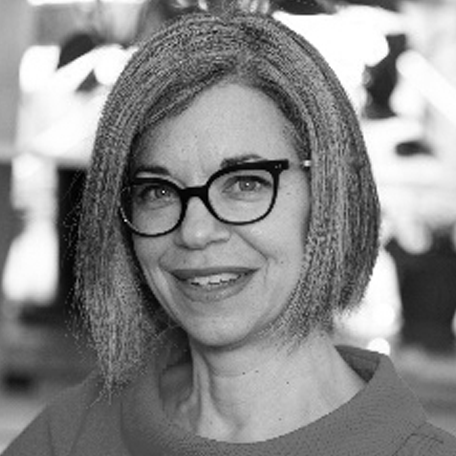
Jennifer Carpenter RA, AIA, LEED AP
Founding Principal of Verona Carpenter Architects
Jennifer Carpenter is a founding principal of Verona Carpenter Architects, a Manhattan based architecture and interior design firm. Through built work, research, and teaching, the firm works at the intersection of physical and social sustainability, with an approach that centers neurodivergence and disability to design for the widest range of bodies and minds.
Read More
Jennifer has practiced for over 25 years and is a New York City Mentor for minority and women-owned businesses. She is a registered architect and LEED Accredited Professional, an active member of the NYC AIA’s Social Sciences Committee, and coauthor of Inclusive Design for Structural Engineers from the UK Institution of Structural Engineers. Jennifer served for six years on the Board of Directors of the Quad Preparatory School, a school for neurodivergent learners, and was a founding Trustee of the Museum of Food and Drink. She earned her Bachelor of Arts from Yale University and her Master of Architecture from Columbia University.
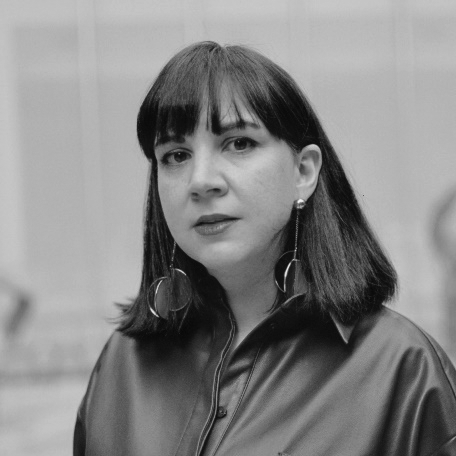
Paula Vilaplana de Miguel
Architecture and Design, MoMA / Syracuse University
Paula Vilaplana de Miguel is a curator, designer, and scholar based in New York. Her work focuses on exhibition spaces and cultural initiatives, with an emphasis on media, technology, and bodily practices.
Read More
She currently serves as Curatorial Assistant for contemporary architecture at The Museum of Modern Art New York (MoMA) and teaches at Syracuse University. Previous roles include Assistant Director of Exhibitions at Columbia University GSAPP and The Arthur Ross Architecture Gallery, research assistant at Performa, and lecturer at The New School Parsons and Bard College. Paula Vilaplana has developed projects for institutions such as the Shanghai Art Biennial, The Victoria and Albert Museum,The Venice Architecture Biennial, Storefront for Art and Architecture, Princeton University, Triennale Milano, and Ca2M among others. Her work has been published in the press internationally and her research has been sponsored by the Temple Hoyne Buell Center for the Study of American Architecture, Columbia University, the International Council of the Museum of Modern Art, and La Caixa Foundation among others.
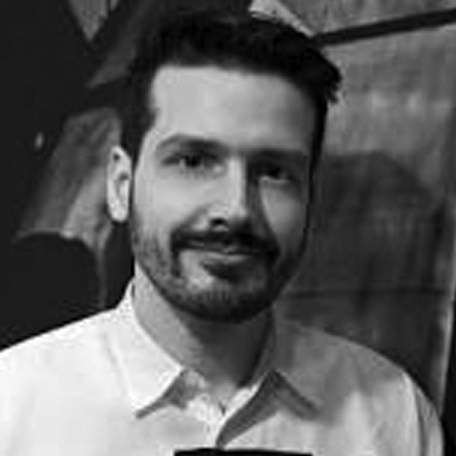
Evangelos Kotsioris
Assistant Curator, Architecture and Design, MoMA
Evangelos Kotsioris is Assistant Curator in Architecture & Design at The Museum of Modern Art in New York. Among other projects, he has recently co-organized the exhibitions Architecture Now: New York, New Publics (2023), The Project of Independence: Architectures of Decolonization in South Asia, 1947-1985 (2022), and Reuse, Renew, Recycle: Recent Architecture from China (2021-22).
Read More
Trained as an architect and a historian, his research focuses on the intersections of architecture with science, technology and media. Kotsioris holds a PhD in history and theory of architecture from Princeton University and an MArch II from Harvard University. He has taught architecture at the University of Pennsylvania, Barnard+Columbia Architecture, Princeton School of Architecture, The Cooper Union, and Harvard Graduate School of Design. He is a co-editor of Radical Pedagogies, a global history of post-WWII experiments in architectural education during the second half of the twentieth century (MIT Press, 2022).
Kyle Karen
Assistant Professor
Occupational Therapy
School of Health Professions

Alexander Lopez
Associate Professor
Occupational Therapy
School of Health Professions

Athina Papadopoulou
Assistant Professor
School of Architecture and Design

Christian Pongratz
Professor
Director, M.S. Architecture, Health & Design (M.S. AHD)
School of Architecture and Design
Design Series: WORLDS UN/DESIGNED: Unscripted, Atypical, Unnatural, and Uncontrolled
Conventions have insistently shaped the practices of design and architecture. Design norms – planning conventions, material classifications, graphic standards, or accepted ideas of spatial experiences – attest to the ways designers approach world-building. Design norms often reveal a reliance on typified and naturalized views of spaces, systems, bodies, materials, and built environments that invariably foreclose more inclusive and progressive paradigms for our collective futures.
The SoAD AY 24-25 lecture and event series, Worlds Un/Designed seeks to deconstruct conventions in design, architecture, and urbanism by challenging typical stereotypes in design practices, urban systems, technological dependencies, gender and abilities, conceptions of natural and unnatural, and the blurring of physical and digital environments.
Worlds Un/Designed aims to address the exclusions and limitations inscribed in our existing constructed environments by engaging with questions of ecology, urbanity, sustainability, accessibility, mobility, and inclusion. The lecture and event series will include lecture presentations, book discussions and exhibitions as subtopics of the Un/Designed theme including among others: Unscripted addressing experiential perspectives of spatial design, unconventional usage and affordances; Atypical, , addressing inclusive design for the atypical user; Unnatural interrogating the making of natural and unnatural biobased materials materials; and Uncontrolled, discussing on autonomous systems, unsupervised intelligence, and emergent forms. By critically reflecting on the effects of conventions this lecture series calls for stimulating our collective imagination towards healthier alternative future worlds, yet to be designed.
Register